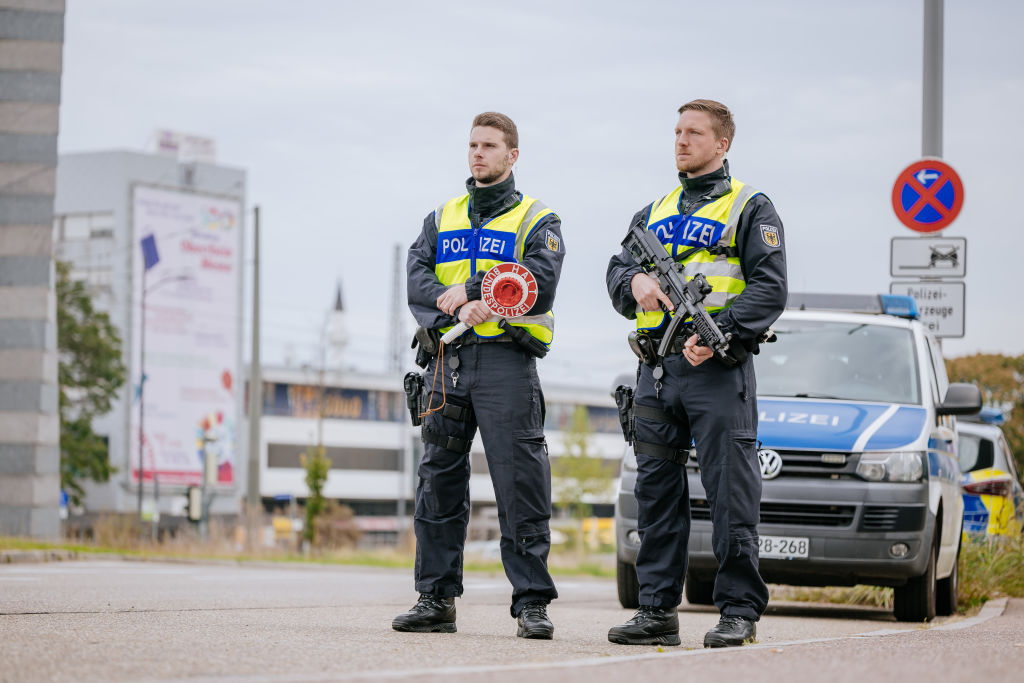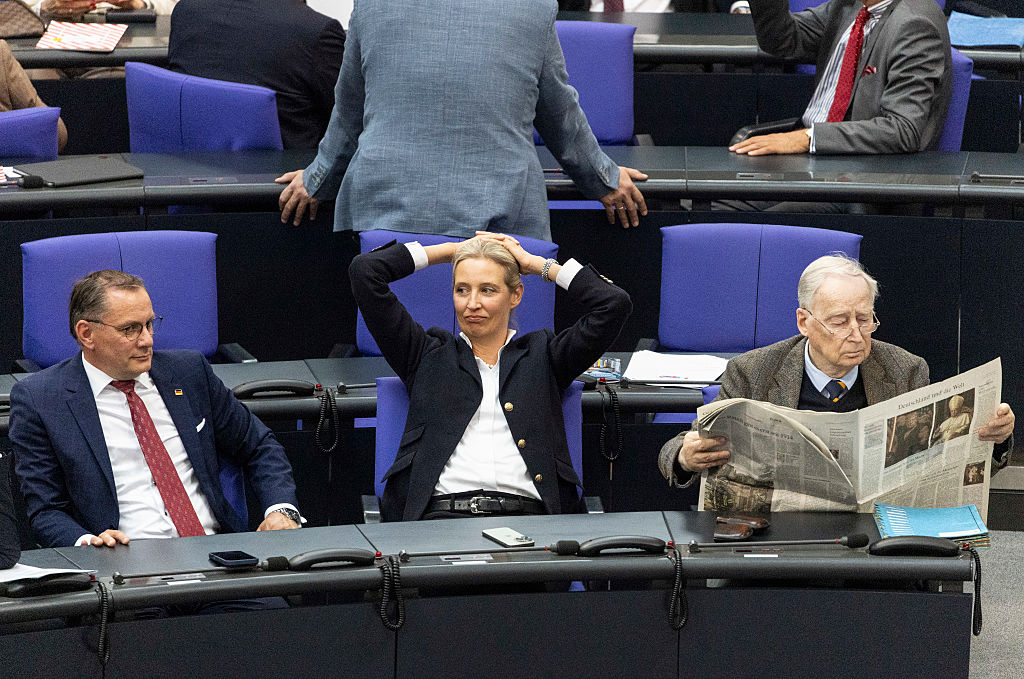Alexander Dobrindt, Germany’s new interior minister from Bavaria’s Christian Social Union, drew a positive conclusion from the first week of stricter border controls.
On May 15, Dobrindt said the number of people who denied entry at the German border had risen by 45 per cent–to 739, up from 511 the week before.
Dobrindt made the remarks while visiting a checkpoint on the German-Austrian border.
The pushbacks included asylum seekers. Sixty per cent of people claiming asylum at the border were turned away: 32 out of 51 claimants.
On May 7, a day after Germany’s new CDU-SPD government took office, Dobrindt ordered an immediate halt of asylum procedures at the country’s borders along with tightened border controls – seemingly fulfilling a key election promise of the Union parties.
However, the halt did not extend to “vulnerable” and underage asylum seekers.
Bernd Baumann, chief whip of the right-wing Alternative for Germany party (AfD) in parliament, accordingly called Dobrindt’s plan a “great deception”.
Police representatives nevertheless hailed the new rules as a substantial change, as previously they had been required to let anyone into Germany who claimed asylum.
This was consequence of a 2015 order given by interior minister Lothar de Maizière under chancellor Angela Merkel, which had remained in place since.
Sven Hüber, deputy head of police officers’ union GdP, said there were indeed fewer asylum seekers arriving at the borders currently.
He was uncertain how sustainable the trend would be, however.
“I suppose the traffickers are taking a break to see how long the increased controls are going to be in place”, he told Die Welt.
Union leaders said in order to permanently maintain the heightened state of border security, the police needed to recruit many more officers.
“The way we do it right now we can only keep the controls in place for a few months,” said GdP representative Andreas Roßkopf.
“The standby force, who are now assisting with border controls, are also needed elsewhere, and the colleagues at the borders cannot permanently forego training and build up overtime,” Roßkopf added.





